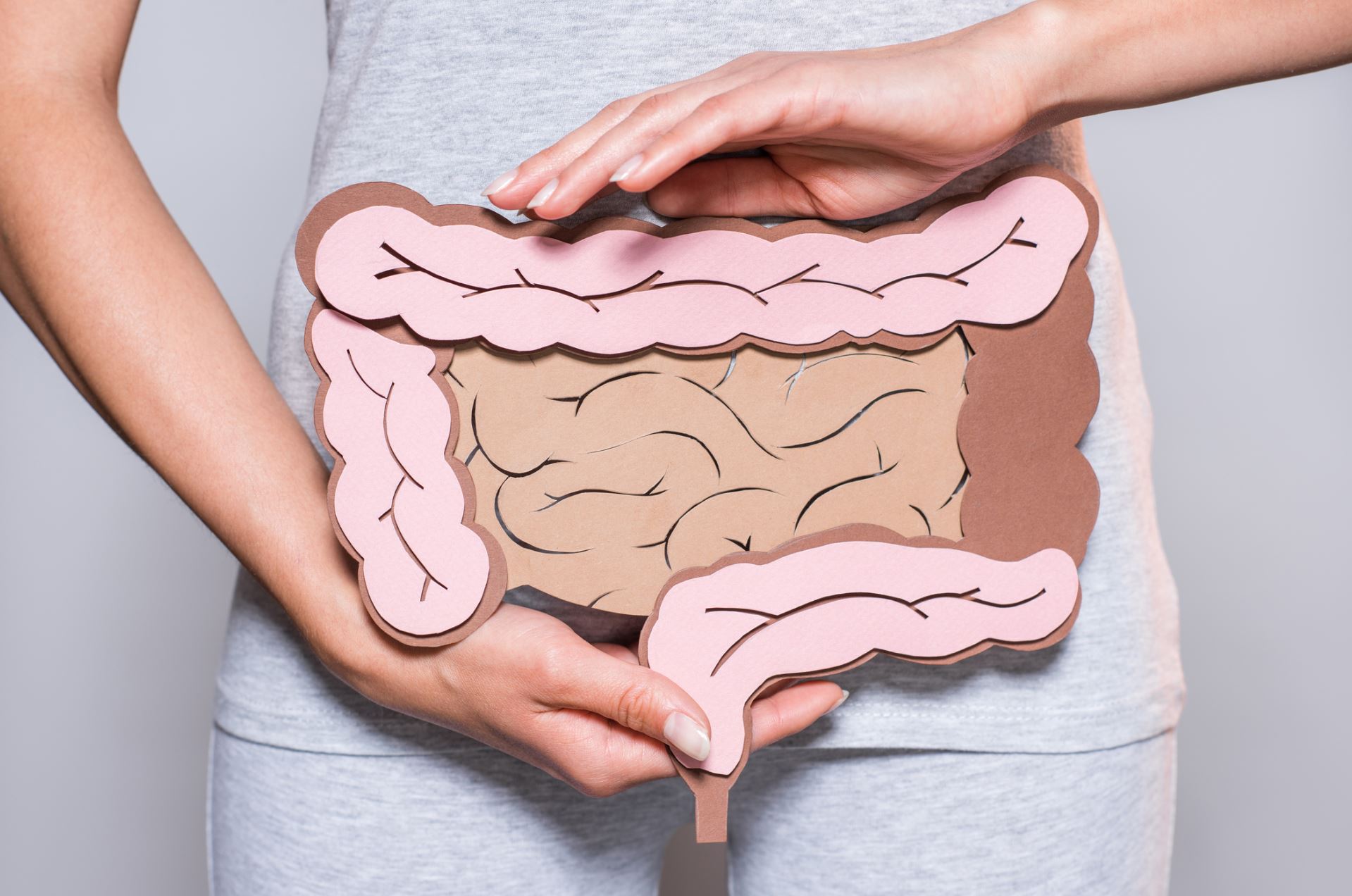
Flinders researchers continue to fly the flag for a strong neuroscience tradition at our University, presenting an array of new and emerging insights at the Australasian Society of Neuroscience (ANS) annual scientific meeting in Adelaide on 2-5 December.
The conference, to be opened by Matthew Flinders Distinguished Professor and Professor of Neurophysiology Marcello Costa, features a wide range of scientists from diverse backgrounds.
The Flinders presentations will cover recent findings from diverse research areas including brain control of metabolic energy, degenerative diseases, pain, control of internal organs and insect vision.
“Neuroscience research continues at Flinders with a strong neuroscience research focus in the new Flinders Health and Medical Research Institute that will carry in to the future the new generations of Flinders neuroscientists,” Professor Costa says.
The discipline of neurogastroenterology is now the focus of five laboratories at Flinders.
They span from research in molecular to clinical studies of functional diseases of digestive tract motility disorders, using experimental animals and applying state of the art diagnostic tools to humans subjects.
Professor Marcell0 Costa will speak on the ‘neural mechanisms that lead the formation of faeces.’ He will also cover the work on ‘Pharmacological and electrophysiological analysis of polarised enteric neural pathways activated by balloon distension in the guinea pig colon.’
Professor Damien Keating, leading one of the neurogastroenterology laboratories at Flinders, will speak at a symposium on ‘When gut meets brain: their impact on food intake control.’
“Collectively these laboratories represent probably one of the strongest group of researchers in this field internationally,” says Professor Costa, who has been involved in the field for more than 50 years.
Several neuroscience laboratories at Flinders are involved in visceral pain studies. Professor Nick Spencer’s laboratory will present work on ‘a novel surgical technique to investigate the topographical distribution of thoracolumbar and lumbosacral spinal innervation to the mouse uterus.’
The laboratory led by Professor Spencer will also present work on the ‘Coordination of spontaneous electrical and mechanical activity in the isolated non-pregnant mouse uterus’ and ‘Coordination of enteric viscerofugal neuron firing with smooth muscle voltage oscillations during the motor complex in mouse colon’ and ‘Simultaneous video imaging and electrophysiological recordings reveal a new mechanism of the enteric nervous system underlying both propulsive and non-propulsive movements in the mouse colon’ and on ‘The role of sympathetic nerves in modulation of guinea pig colon motility.’
Professor Spencer and colleagues are helping to stage of the Federation of Neurogastroenterology and Motility Meeting (FNM 2020) conference in Adelaide from 25-28 March next year.
Professor Simon Brookes‘ laboratory will present work on ‘Effects of lactate on group III striated muscle afferent neurons in the mouse’ and ‘Effects of bisacodyl on extrinsic sensory neurons to the bowel.’
His neurogastroenterology laboratory will present work on ‘Characterisation of descending interneuronal pathways in myenteric plexus of human colon’ and on ‘Ascending interneuronal pathways in myenteric plexus of human colon.’
Associate Professor Vladimir Zagorodnyuk’s team will present work on ‘Neurochemical characterisation of sensory and autonomic endings in the mouse bladder’ while Professor Stuart Brierley will present a symposium covering ‘Mechanisms of Pain: From the periphery to the brain’ and ‘Peripheral targets for treating chronic visceral pain: from tarantula toxins to itchy colons.’ This field of basic science is constantly developing new knowledge for effective treatment of chronic pain from viscera.
Also from Flinders, Dr Mary-Louise Rogers is presenting a symposium on ‘New insights in Motor Neuron Disease pathogenesis, therapeutics and biomarkers,’ bringing together three leading MND researchers , Professor Don Cleveland, University of California at San Diego, Professor Avinda Nath, National Institutes of Health, Bethesda, USA and Professor Andreas Malaspina, from the Queen Mary University, London and others to discuss the way forward for MND research. Her work on using a biomarker to develop motor neurone disease (MND) treatments is attracting global attention.
Dr Yoichiro Otsuka, who leads a laboratory originally established by Emeritus Professor Bill Blessing, will present work on ‘Activation of dopamine D2 receptors in the CNS reduces thermogenesis elicited by activation of the lateral habenula’ and on ‘Dopamine neuron activation in the VTA influences thermoregulatory factors and emotional hyperthermia in the rat.’
This work steadily is dissecting the tremendous complexity of how the brain controls the deepest mechanisms of bodily survival by maintaining balance between feeding, burning the food, maintaining body mass at a suitable body temperature and avoiding predators.
Associate Professor Karin Nordström is an expert on insect vision, and her basic research will become essential to robotics and artificial vision. Her symposium will cover ‘Vision, information processing and Cognition’ while her lab team members will cover ‘Target detection in the hoverfly visual system’, ‘The structure, function and organisation of mechano-sensors in dragonfly wings’ and ‘Pattern electroretinography reveals the spatial resolving power and contrast sensitivity of insect compound eyes.’
Further background:
The first Centres of Neuroscience in Australia were established in 1977 by several foundation academics forming a core of basic and clinical neuroscientists.
The ANS held its first official meeting at Flinders University in 1981, organised by Emeritus Professor Laurie Geffen and the Flinders team. Lawrie Austin was appointed as the inaugural president.
Professor Costa was ANS president in 1994-1995 and was invited to give the ANS Plenary Lecture in 1994 and in 2014.
Nominations have been called for the for the ANS Lawrie Austin and Elspeth McLachlan Plenary Lecturers for the 40th Anniversary ANS Annual Scientific Meeting in Perth, 2020.

